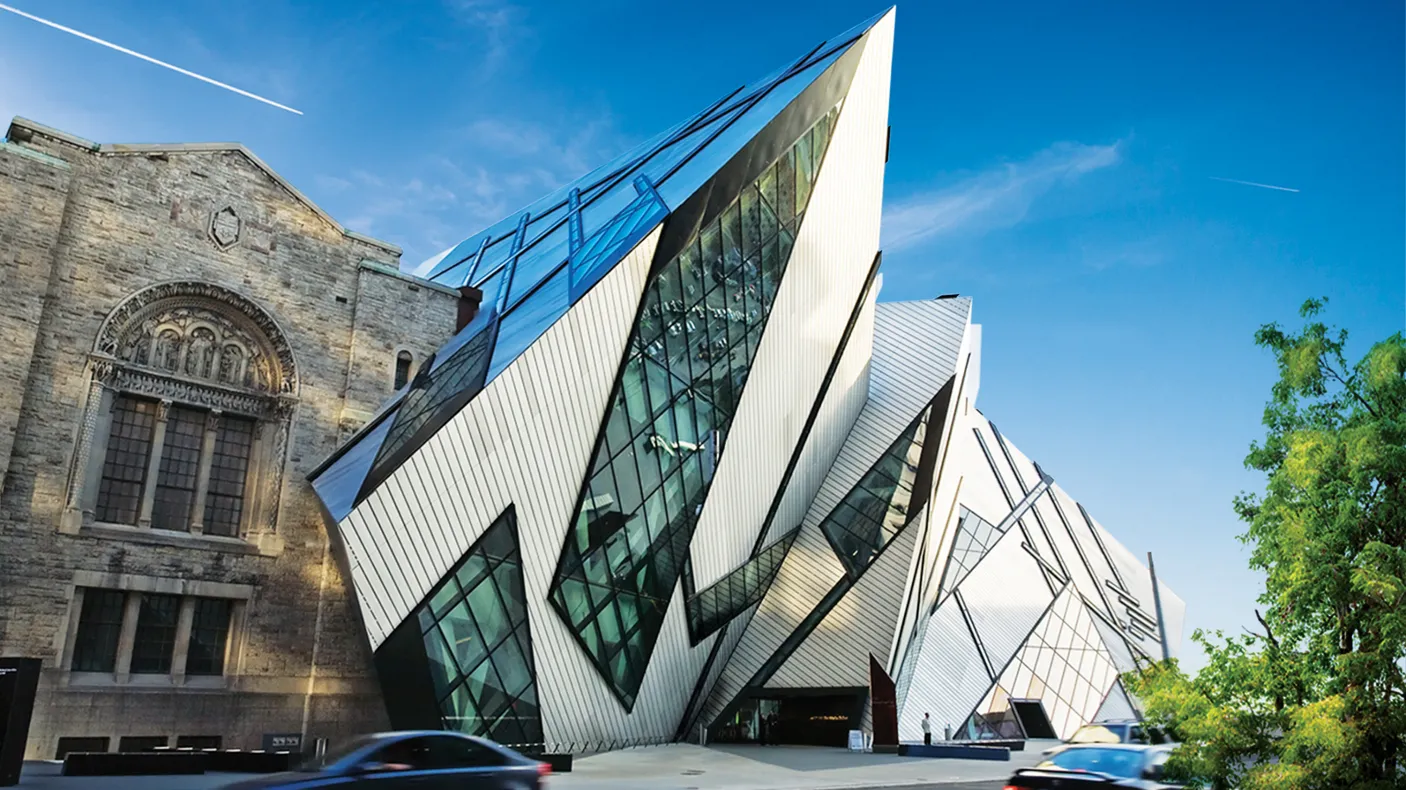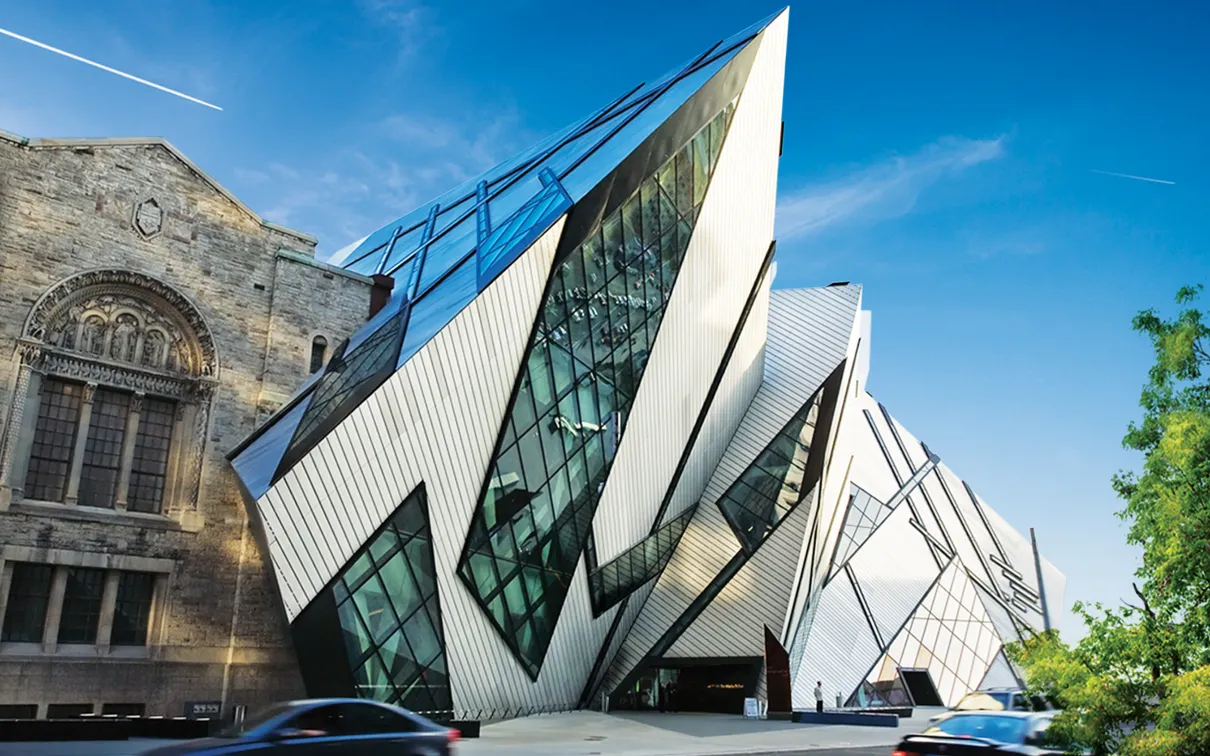Hamra Abbas
Read
Date
Location
About
Hamra Abbas’ versatile artistic practice straddles a wide range of media, from paper collage and painting to ephemeral soft Plasticine sculpture and video. Her works often take a playful look towards widely accepted traditions. By appropriating culturally loaded imagery and iconography, and transforming them into new works that are experienced in space and time, she creates new platforms from which to view culture, tradition and exchange.
The re-contextualization of texts, images, sounds and objects is a common thread in many of Abbas’ works. This up-and-coming young artist often uses imagery from Islamic art and architecture, and is increasingly concerned with the turbulence and uncertainty associated with Islam in the world today. These concerns have inspired a body of works that probe widely held assumptions and perceptions of Islamic practice or cultural norms. In this way, we can see a strong link between her work and many of the texts that form part of the Dead Sea Scrolls exhibition.
The artist has described Read as a maze or a query. A particular concern for her is the current fascination with madrassahs (Islamic religious schools), which she sees as being akin to the orientalist painter’s fascination with the harem in the 19th century. Abbas attempts to thwart such exoticised readings by portraying, among other things, the universality of childhood experiences. While this applies to Read, it is perhaps most evident in her recent work titled God Grows on Trees, a series of 99 hand-painted portraits of children that was recently awarded a jury prize at the 2009 Sharjah Biennial.
Read is a multi-media installation, a suspended labyrinth-like wooden structure, concealing speakers playing the sound of children reciting the Qur’an as they memorize its verses, the standard method of instruction in Pakistan’s madrassahs. The title of the work comes from the command that the prophet Mohammad was said to have been given by God when the Qur’an was revealed to him. Abbas has structured the work so that the viewer must walk through the labyrinth, close to the speakers, offering them an immersive experience of the work.
In Read the cacophony of sound filtering through the speakers, of children reciting the Qur’anic verses, is not the orderly regimented harmony that might be expected. Indeed, the chaotic babble is reminiscent of the sounds of a large number of noisy children gathered together anywhere in the world.
Highlights
About the Artist
Hamra Abbas was born in Kuwait in 1976, and now lives and works between Boston and Islamabad (Pakistan). She received her BFA and MA in Visual Arts from the National College of Arts, Lahore (Pakistan) before attending the Universitaet der Kuenste in Berlin (Germany) in 2004. Her work has been exhibited in galleries internationally in both solo and group exhibitions since 2002, including: ARTIUM in Vittoria, Spain; ifa Gallery in Berlin; the Manchester Art Gallery; and the Arc Gallery in Chicago. She has been awarded residencies and scholarships by institutions such as Art Omi, the Vermont Studio Center, the Triangle Arts Trust, and DAAD.
Works by Hamra Abbas have been included in the Cetinje Biennial, (2004), the Biennale of Sydney (2006), the 10th Istanbul Biennial (2007), the Guangzou Triennial (2009), the Thessaloniki Biennial (2009) and the International Incheon Women Artists Biennale, South Korea (2009). In September 2009, she will participate in the exhibitions Hanging Fire at the Asia Society in New York, and Everyday Miracles (Extended) at the Walter and McBean Galleries of the San Francisco Art Institute, and REDCAT, Los Angeles.
Earlier this year, Hamra Abbas was awarded a Jury prize at the Sharjah Biennial 9: Provisions for the Future. She was picked by Art Asia Pacific magazine as their One Artist to Watch for 2009. She is also a finalist for the inaugural Jameel prize, for which she is showing her work at the V&A Museum in London this summer. A monograph on Hamra Abbas is due to be published by Green Cardamom in autumn 2009.





